Solar power in Maine, does DIY partnering up with the sun work in Vacationland?
Maine is ideal for off grid solar power. But there are lots of “if”s” attached to whether you should make the off grid investment.
This blog post dives into solar power use in Maine.
First things first, are we talking a remote camp up in the great north woods of Maine? Where your electrical needs are small. And it’s like a vacation camping for just a long weekend here and there? Or are you out in the audience thinking whole hog giddy up go for solar power for round the clock living? Where it is not just a light or two and that’s it. Now everything in the homestead is off grid. No utility bill to cuss about now. You are really relying on Mister Sunshine for fuel to power those roof top solar panels Bub. Power consumption use is one big obstacle on whether solar power is going to cut it for you in the long run. Think, read, ask questions. Do you solar power home work. Before the big investment, which Maine solar energy experts say is roughly $18,000 consider a couple things.
Before making that big of an energy investment, what does life look like pulling the plug and living off grid depending on solar power to light up your day and night?
What is your average electric utility bill now? How does your power consumption change with the seasons? Study those old kilowatt numbers from past electric utility bills. Consider if you did nothing to cut back and conserve, what would the costs for off grid solar power producing panels be? And don’t forget the associated hardware to maintain the same level of electrical consumption using solar power instead.
Before severing the relationship and dumping your utility juice provider, how really dependent on power are you?
It’s more than sticking a few solar lights along your driveway and marveling at the free power. It means study what needs power drawing current each day to make it run. Dialing back your power consumption is like dieting for life. When you decide to pull the plug and go off grid, some can do the segue easier than others. Couple of simple questions. Dirty dishes. Load ’em up and rely on a dishwasher now or hand wash dirty dishes, pots and pans in the sink? Do you do full loads or a few items here and there? The kids wear an outfit for ten minutes and toss it in the laundry hamper when the wardrobe gets changed up during the typical day?
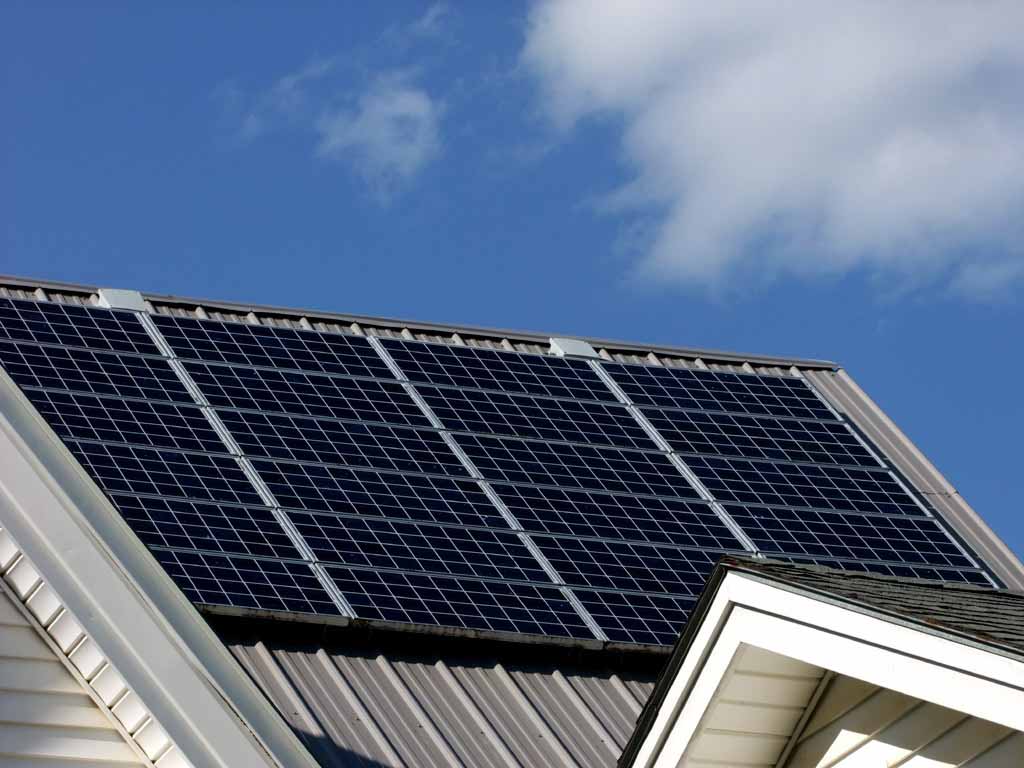
Do you wash one or a few items for the big school dance tonight or do weekly full laundry loads?
What you wash, does it automatically all go into the clothes dryer after that? Or did you grow up using a clothes line to hang those wet items fished out of the washer? Heat totally with wood or partially supplement the household temperature with a firewood stove? Do you have several chest freezers but its kinda fuzzy on what’s down at the bottom and how long has it been there? Would you hunt and fish for what gets served up hot and ready on the supper table? Could you live without a microwave? How fast is your life living these days?
Whirling of the tops of cans electrical opener or the clap it on and hand crank to get to what’s inside the what’s for supper?
Electric toothbrush, one cup Keurig coffee makers essential in your household now? Hair dryer or air dryer for your daily doo grooming? Cranking it back to adapt to solar power you generate yourself is a bigger life adjustment for some. Long drawn out frequent showers or shorter, less frequent in and out ones? You don’t have to smell gamey and stay upwind from your own body or avoid getting too close to others around you. But on demand water heaters instead of 50 gallons or more types waiting for usage and less hot water household consumption is the goal. Could Suzy handle that approach to her daily shower routine? Young kids can be taught conservation, adolescent ones not so much. It is way way harder to retrain teenagers who are energy dependent spoiled.
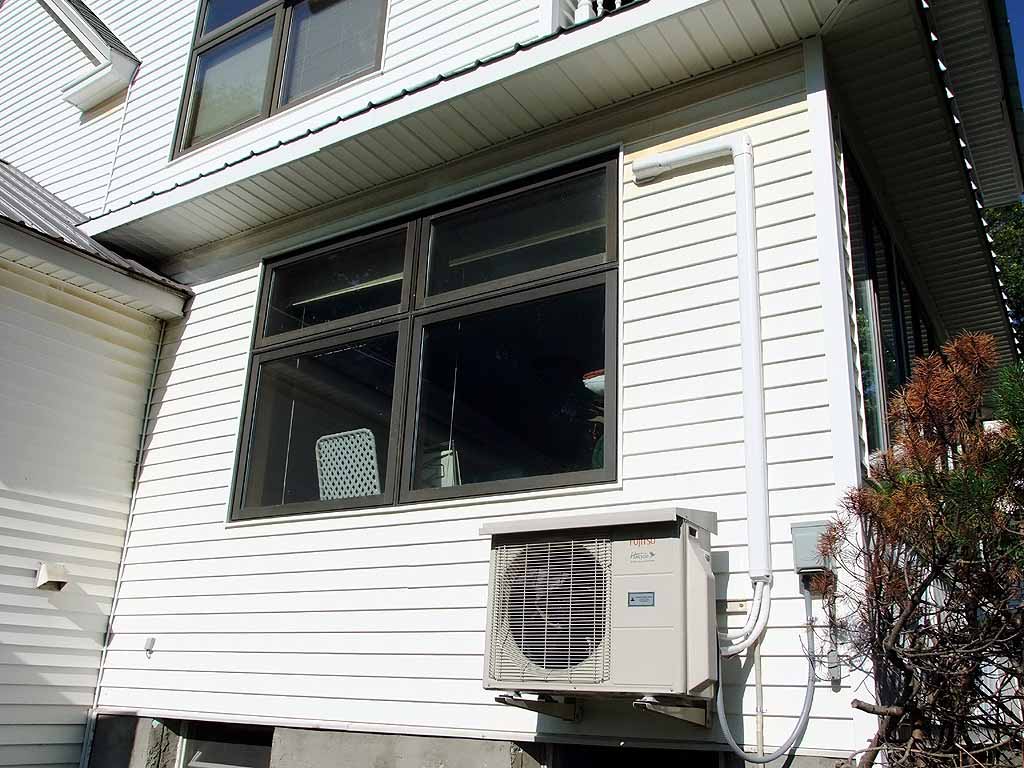
If you are frugal, did not have money to burn growing up and were taught to conserve, going off grid solar power is not going to be so hard.
You already live easy does it and strive for minimalist keep it simple and not expensive or wasteful. The cost of power, you know. Already are weaned off the habit of juice it up and just don’t waste it. Heating and cooling your home can be responsible for over 50% of your electrical bill.
Do you really need air conditioning in Maine or is the well insulated home you built for off grid solar power living? Opened up in early cooler temperature summer mornings and then shut tight, drapes pull to keep it that way? Is the place heated winters a bigger square footage living space than you really need or smaller, better laid out for simple affordable living? If there are no cracks, drafts, loose as a goose construction areas of your home sweet off grid solar powered home, heating it to be warm and toasty won’t tap and waste energy resources. A off grid McMansion is an oxymoron in small keep it simple living rural Maine.
Also, is your solar system a DIY approach, do you hire it out?
Plan to have a grid-tied solar power system which costs less money because no buying expensive batteries that only last so long? Grid-tied solar power systems don’t provide electricity if it’s dark of night and your grid is off line. Like your chickens who put themselves to bed, you might be right behind them when daytime is your only power producing opportunity. Is solar power part of your electricity production and weaved together with other supporting power making technology? Do you understand solar storage batteries and setting up a home grid and regulating it?
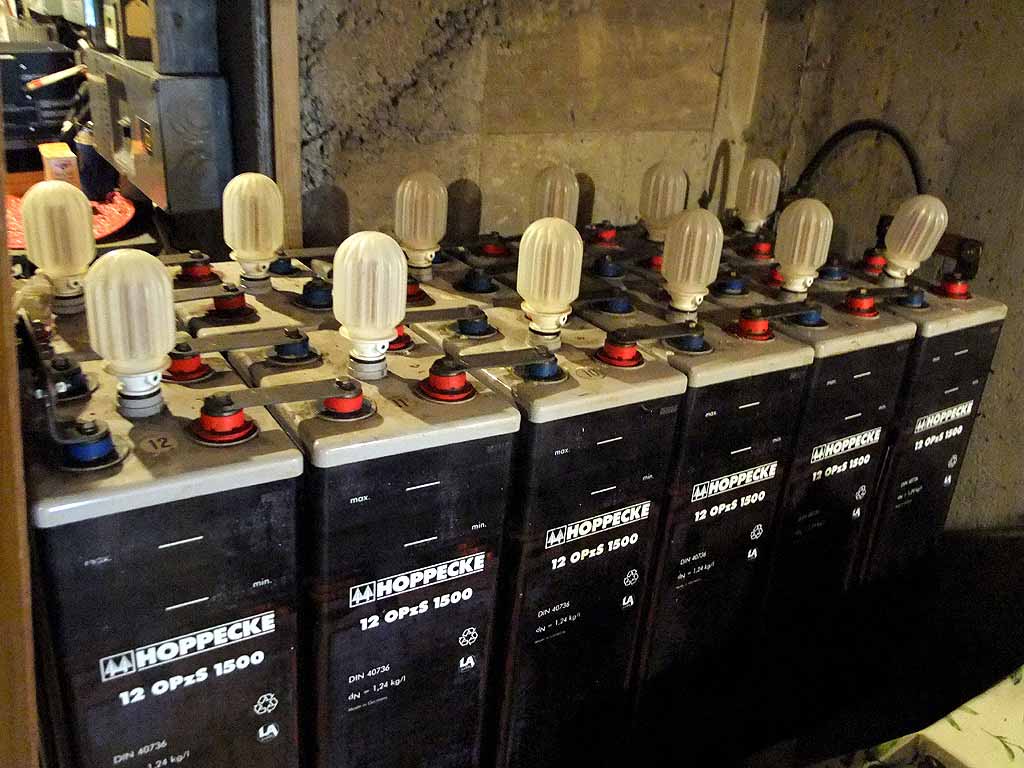
How much power do you need living off grid and homesteading in Maine?
You and I have seen the Harbor Freight solar panels that produce a 100 watts and thought just pick up a couple of those and maybe that’s all we need. But long and hard thought about if you did not have power available at the flick of a switch and a monthly bill to keep it flowing into your household. How much power does a person need as seasons change in Maine? How many solar panels and what size does the family living off grid need to fuel their basic and beyond needs?
Like growing your own food, heating a home with wood from the back forty acres, producing your own power is one more ball to juggle with self sufficient living. The shorter days of winter, less or no powerful rays from the sun add another wrinkle to the solar power cocktail you create to fuel your off grid solar home.
Solar power in Maine, it’s expensive to living off grid if you expect the same life you had when energy was delivered to your door by a local electrical utility provider.
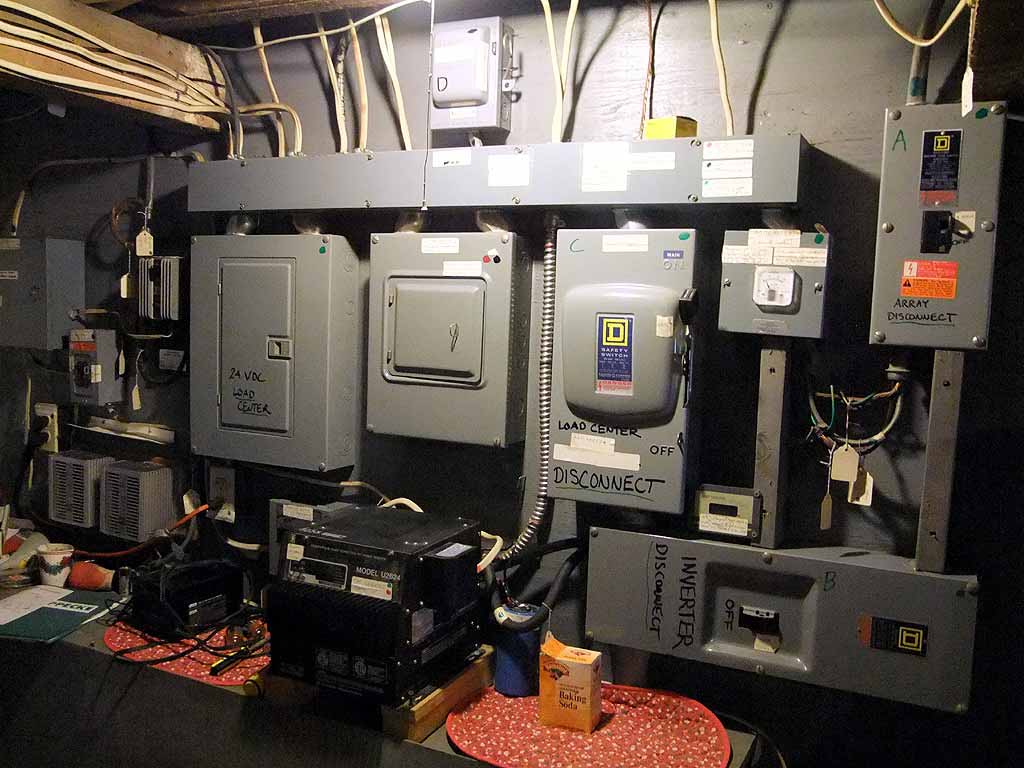
New habits and adjustments to the off grid solar power alternative life style have to happen. Unless money is available in an endless supply and just keep adding more roof top solar panel arrays, extra space consuming electrical storage batteries is possible. Then you are going to have to bite the bullet and prioritize what is most important to wire into your off grid solar system that consumes your self generated power from whatever source.
Sun, wind, water, it gets considered in the electrical mix that works best for your lifestyle and your pocketbook considerations. The storage batteries are not cheap and cost dearly. There is a lot to learn with this shift to solar power in Maine. More than just tacking on a few roof top solar panels and keeping everything you were used to powering up online and purring like a Maine coon cat.
Make a list of what your simpler life off grid using solar power looks like.
So the two approaches to solar power in Maine… simple camp part time and homesteading full time. Let’s look at the simple camp lifestyle using solar first. Your typical little camp in Maine in the woods, on a stream or river or lake when there is no power. What are your power needs up to camp in Maine out in the willy wags where using a public utility link up is not in the cards? Basic power needs are lighting. Cooking can be an outside open camp fire, an inside wood or on a gas cook stove. No electric power outlet needed there.
When you are at the Maine camp or cottage setting, it’s not a long term stay so loads of laundry needing washing and drying are not a problem.
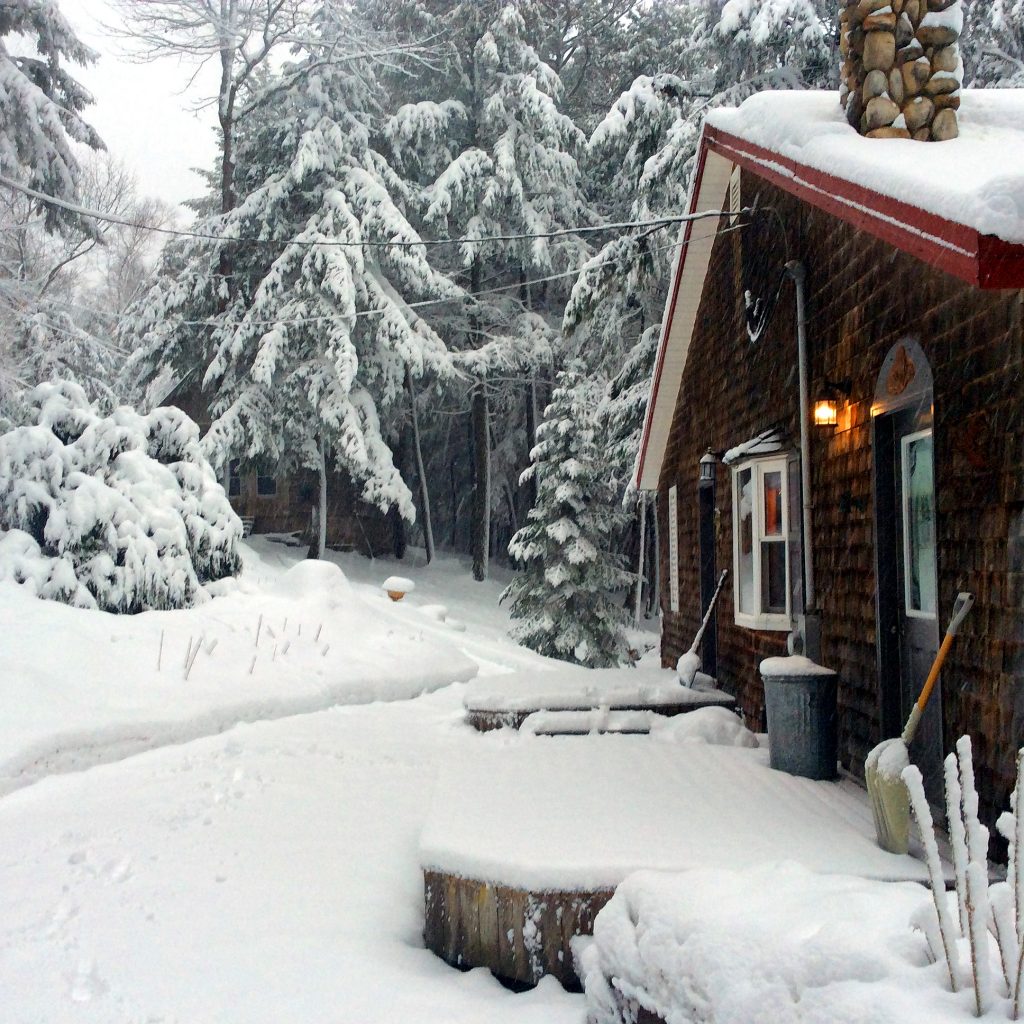
Drying clothes too does not have to involve power if you use the wooden rack in front of the wood heater stove or an outside clothes line.
Living without power or using less of it is easier for folks brought to conserve it. Or used to living without it. I grew up on a Maine farm with a wood cook stove used for more than the heat it generated to warm the kitchen and pantry area of the homestead. The side glass sun porches, two of them were east and south facing to generate free solar heat and spill lighting into our farmstead living space. My Mom would open up the windows early in the day before hot, humid weather temperatures arrived.
The practice to cool off the home and then shut the windows, pull the shades to make it dark and lower temperature for the hot day ahead.
First floor screened in porches for living and second floor ones for sleeping are standard in older New England housing stock. Built before air conditioners and even before electrical lines were added out on the street or roadway address. Up at camp in the middle of the woods in Maine, refrigerator is a need. Not in the winter months but in the dead of summer, refrigeration can be supplied by a gas model. Or a smaller, more efficient college dorm size model that draws less current. Living off grid using solar power in Maine is like being on your own private utility island.
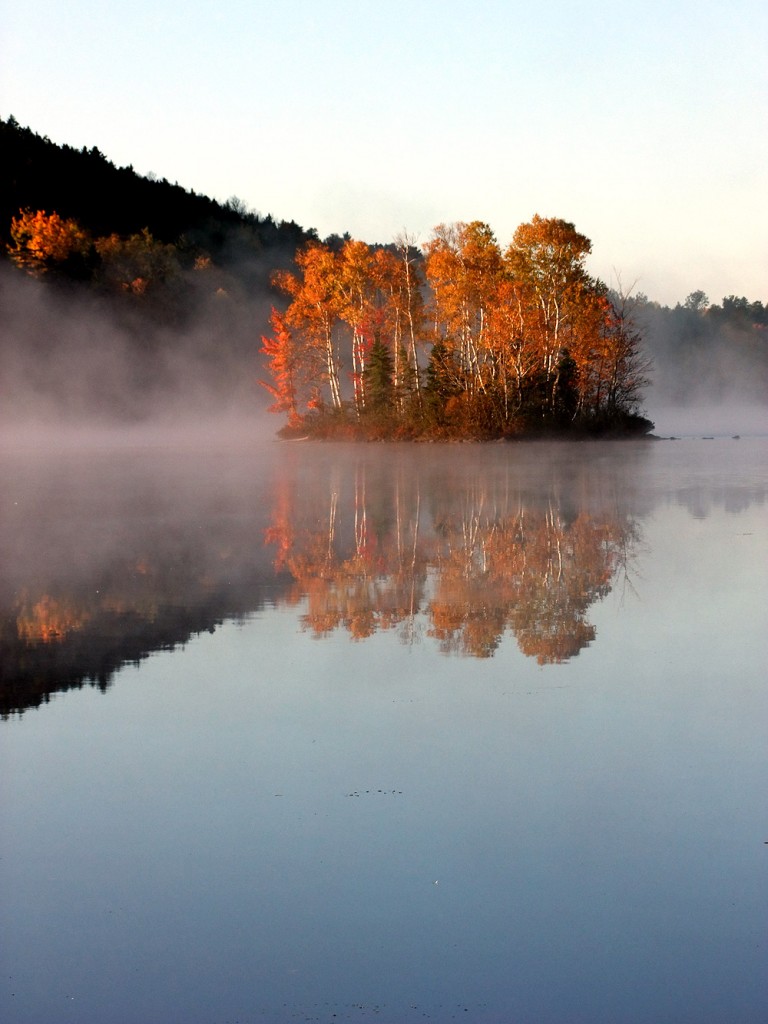
Your approach to solar power use in Maine revolves a lot around your consumption and energy saving habits.
Ask the average person what the Maine household electrical bill for a month is and besides whoever writes out the check to pay it, how accurate would the response be? When money is tight and there is a not a lot of it to waste, the knowledge of what things cost is much keener. Anyone using solar power in Maine suddenly knows loud and clear what electrical devices use a lot off power, which ones are small potatoes.
Electrical water or space heaters, clothes dryers, cook ovens, curling irons and blow dryers all make an consumption meter whirl faster.
New LED lighting has saved the day with small wattage bulbs that produce much more than old standard counterparts. Positioning your living space for a southern exposure helps the overall lighting too. It’s winter months, the night time that is the hurdle when solar power is off the clock and stops. Storage batteries, deep cycle marine ones or crystal lead type is where you can start spending a big chunk of change. But they add power when gaps in the sunlight happen. Mr. Sunshine goes to bed at night just like you,I and all the Maine farm and deep wood wild animals do.
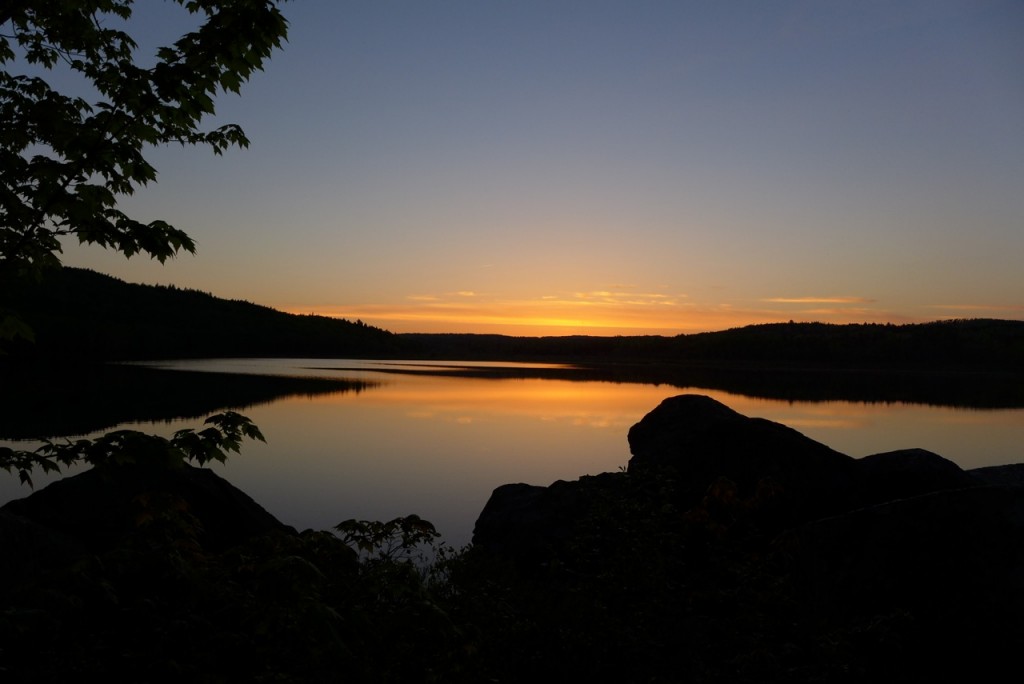
The number of solar electrical panels, the storage capacity needed is all tied to how much power do you need generated to fuel your household?
It you are not living a simple existence without every outlet in the house working to power your life, solar may not be such a wise choice. Talk to folks you know that live off grid, that don’t have the luxury of a public electrical utility provider to deliver the power to their household. What life adjustment has that caused and put yourself in that homeowner’s shoes and be very honest. Can you see yourself making the adjustments needed to easy does it power consumption wise?
Looking back at life before power was an option helps too.
Think of Abe Lincoln in the White House. No green light desk lamp in the oval office brightly lit while writing his speeches. Instead oil maps or candles providing the lighting or the best writing done during the day by a window. No power living means concessions and simpler living meeting your basic needs. Do you think the average American is up for that today? Too dependent on electrical devices would be like going on a serious life long diet that many just could not hack.

So solar power in Maine… are you pulling the plug to harness the sun as an alternative?
Or is there no other option on the Maine land location for juice? Is the option to run power to the site to be on grid not possible and the numbers financially astronomical ? Solar power panels, batteries, inverters, wiring and all the associated paraphernalia are expensive. But so is running a copper line either underground or strung along your collection of power poles.
What if the weather is cloudy and overcast trumps sunny sky days to harvest the solar power? Cloudy days still yield solar power, just not as much when the Sun’s rays get reduced. Regardless of the cost to tool up for solar power in Maine, instead of installing more panels to create the additional power to run your life. How you live your life from a power consuming perspective should be considered before stepping into the solar power zone. Solar power has drawbacks and was always an alternative not the norm.
Talk to someone who lives on a boat that is powered by the wind in the sails and not pushed through the waves with diesel motor.

The boat owner knows all too well what you need for electrical power. AC, DC, amperage, volts and watts come up in the conversation that can sound like another language. If you just pay your electrical bill and give no thought to energy conservation, the shift to solar power is going to be harder. To anyone used to just flipping the switch, plugging in the electrical power cord.
A kid today that has never gone camping, lit a tent or cabin with a Coleman gas lantern. Unless they have experienced a few electrical power outages at home and groped in the dark to find candles for lighting, living without power is very foreign. You and I take cheap, dependable electrical power for granted.
Besides solar power in Maine to light up your life, do you incorporate other energy producing methods?
A little or a lot of power in the mix produced by wind generators? Is there a water wheel to harness hydro power in the river or stream that passes through your Maine land? This source of power is not so easy because Maine is very protective of its waterways.
Beavers don’t need a permit to divert and dam or restrict the natural flow of the water. You and I need to make sure about riparian rights before just wading into the water to set up a hydro electrical generating power plant of any size. Shore land zoning makes the list longer for what you can not do around the water in Maine than what you can.
The Maine environment is sacred and to be passed on in as good or better yet, a new and improved state. Solar power in Maine if done carefully can be a win win for man and the environment. Using less power is the key to solar panels being the fuel to energize your Maine home. Southern orientation when building and strong insulated glass, lots of insulation, wood heat can all help the solar power living shift from utility to off grid in Maine.

Firing up a gasoline, LP gas, diesel generator to produce your own power is expensive.
You can do it but not nearly as cheap as ten cents a kilowatt for the power produced and delivered cheaper due to the economy of scale in a Maine community. Just like homestead and living off the land in Maine, no everyone is cut out for cutting the power cord and going off grid. The local Amish settlements dotting the countryside in rural Maine are a shining example of how you can live off grid. Oh sure, there is a little cheating around the edges. But the goal is to not be dependent on living with power on the grid and delivered from the road, up the driveway and into your Maine home.
Maine is more small town rural than larger regulated city living.
But still, permits for solar panels, do you need to file some paperwork with your municipality before bolting on roof top photovoltaic power collectors? Your household power consumption goes hand in hand with how many panels to buy. And where to arrange those solar panels in a grid on your roof top or facing south attached firmly to ground supports. Hope this blog on solar power in Maine helped you on your way to unplugged living in Vacationland.
